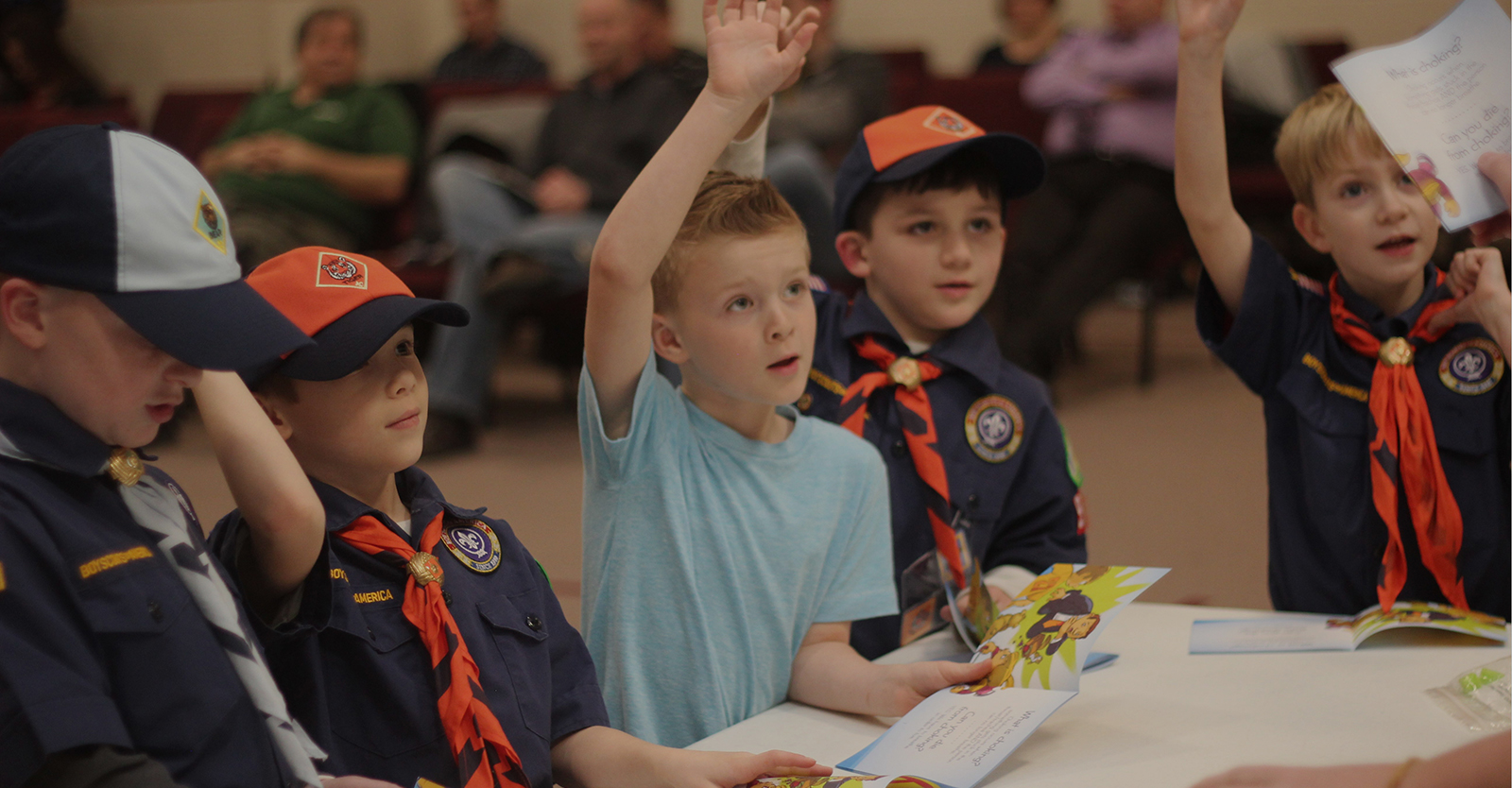
Heimlich Heroes Blog
Oct 04, 2017
Posted By Heimlich Heroes
Heimlich Heroes™ is dedicated to teaching people a life-saving technique: the Heimlich Maneuver®. Last month we told you what to do if you’re alone and choking. We were presented a question about what to do when other medical emergencies occur, especially if you’re alone.
Here’s what we found:
Much like a choking emergency, every second counts for a heart attack, stroke or cardiac arrest victim. Knowing the signs of these serious emergencies can save a life.
The first rule in any emergency is to call 9-1-1 immediately. It’s important to have help on the way in a life-threatening event. If you witness or are experiencing an emergency you should always seek medical help before taking action.
What Is A Stroke?
A stroke occurs when blood flow to an area of the brain is cut off. Brain cells are not able to receive oxygen and begin to die.
Warning Signs
To spot a stroke remember to think F.A.S.T.:

You or someone experiencing a stroke might also have sudden confusion, changes in vision, dizziness, loss of balance or a severe headache.
What to Know
Not all of these warning signs occur in every stroke. A mini-stroke produces stroke like symptoms and still requires medical attention. Quick treatment is key to reducing brain damage and the risk of a major stroke.
What To Do If You’re Alone
What Is Cardiac Arrest?
Cardiac arrest is when the heart abruptly stops functioning. A malfunctioning heart can be caused by irregular heart rhythms.
Warning Signs
Cardiac arrest can be identified by loss of responsiveness. You can tilt the victim’s head up to check for a normal breath.
What To Know
If you are with someone suffering from cardiac arrest, call 9-1-1 and being CPR if you know CPR. You can learn CPR in a certified training class. Click here to find a class near you.

What To Do If You’re Alone
According to the American Heart Association, “during a sudden abnormal heart rhythm, it may be possible for a conscious, responsive person to cough forcefully and repetitively to maintain enough blood flow to the brain to remain conscious for a few seconds until the arrhythmia is treated. This has been mislabeled “cough CPR” although it’s not a form of traditional resuscitation.”
The American Heart Association (AHA) does not endorse “cough CPR.”
Cough CPR has been publicized on the Internet and social media as a valid form of CPR, but the AHA says it should only be considered in a hospital setting where the patient is always monitored.
Unresponsiveness occurs within minutes of cardiac arrest. If you’re alone, immediately call 9-1-1. Even if you’re alone, someone, possibly a neighbor, might be close enough to signal for help to begin CPR.
What Is A Heart Attack?
When the blood flow that brings oxygen to the heart is cut off or reduced a heart attack occurs. The blood flow becomes reduced or blocked due to a buildup of fat or other substances.
Warning Signs
What To Know
If you’re not sure you or someone else is having a heart attack you should seek immediate medical attention by calling 9-1-1 or speaking with your doctor about your symptoms.

What To Do if You’re Alone